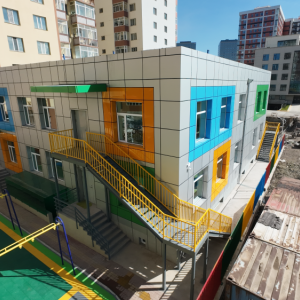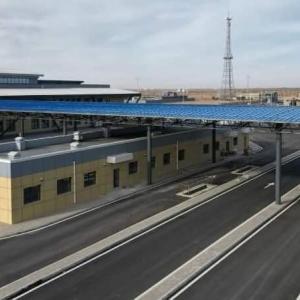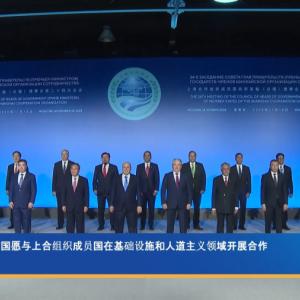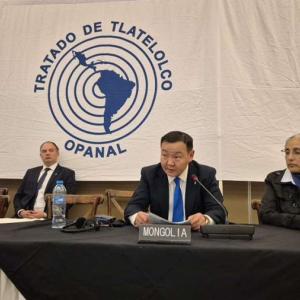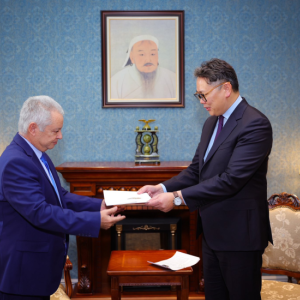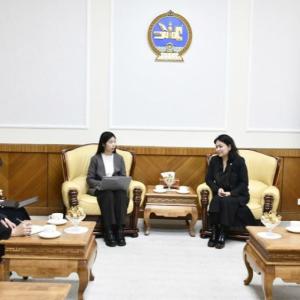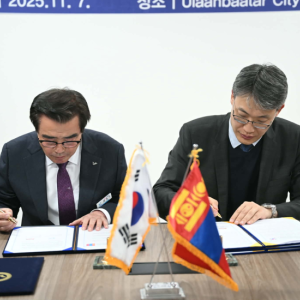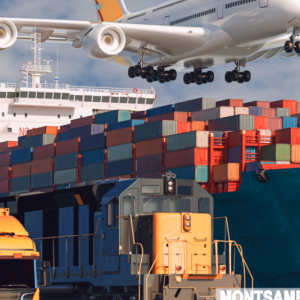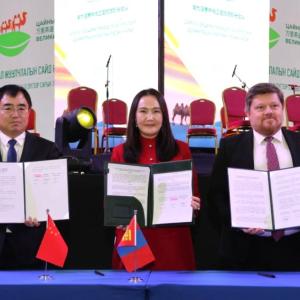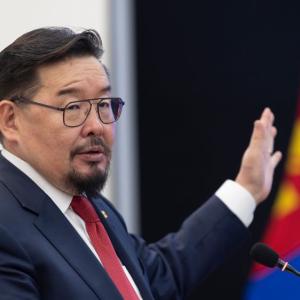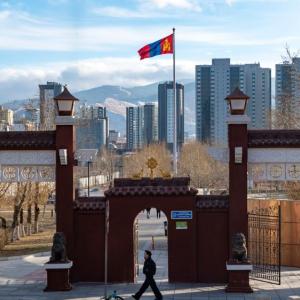Mongolia proposes launch of cooperation mechanism for disaster risk reduction in the Northeast Asia
Politics
Ulaanbaatar/MONTSAME/. The seventh session of the UNESCAP Committee on Disaster
Risk Reduction was organized in an online format on August 25-27 in Bangkok,
Thailand. At the session, Mongolia was represented by delegates including Mongolia’s
Permanent Representative to the UNESCAP A. Tumur and deputy chief of the
National Emergency Management Agency, Colonel Ts.Ganzorig.
The seventh session brought together delegates of more than
50 member countries, as well as representatives of international organizations
and research organizations. At the session, participants stressed that the
regional countries need better planning before future disasters and exert more
efforts to overcome the crisis and intensify their responses.
In her speech at the session, Executive Secretary of the ESCAP
Armida Salsiah Alisjahbana said, “Notwithstanding the progress made by many
countries in devising more robust systems of early warning and responsive
protection -- with far fewer people dying as a result of natural disasters --
the COVID-19 pandemic has demonstrated that almost without exception, countries
around the world are still ill-prepared to deal with multiple overlapping
crises, which often cascade, with one triggering another.”
“Thus, it is critical for countries to build resilience to
respond to converging hazards that are impacting their people and their
economy. The Report suggests four pathways at the national level to
building resilience: Investing in policy coherence; Integrating multi-hazard
early warning systems; Investing in climate adaptation and resilience, and Investing
in climate and disaster-resilient infrastructure,” added Ms. Armida Salsiah
Alisjahbana.
During the discussion, Mongolian delegates said that Mongolia
is encountering some troublesome issues such as the frequency of disasters
caused by climate change, its geographical coverage, economic loss, urban
population density, industrialization, as well as ecological imbalances. Emphasizing
an importance for any country to develop closer relations and effective
cooperation at the regional and sub-regional levels at this time when there is a high risk of a series of disasters, the
Mongolian delegates expressed its proposal to launch a ‘Cooperation mechanism
for disaster risk reduction’ in the Northeast Asia.
In 2018, Mongolia hosted the Asian Ministerial Conference on Disaster Risk Reduction successfully, at which the ‘Ulaanbaatar Declaration’ was adopted.
 Ulaanbaatar
Ulaanbaatar










